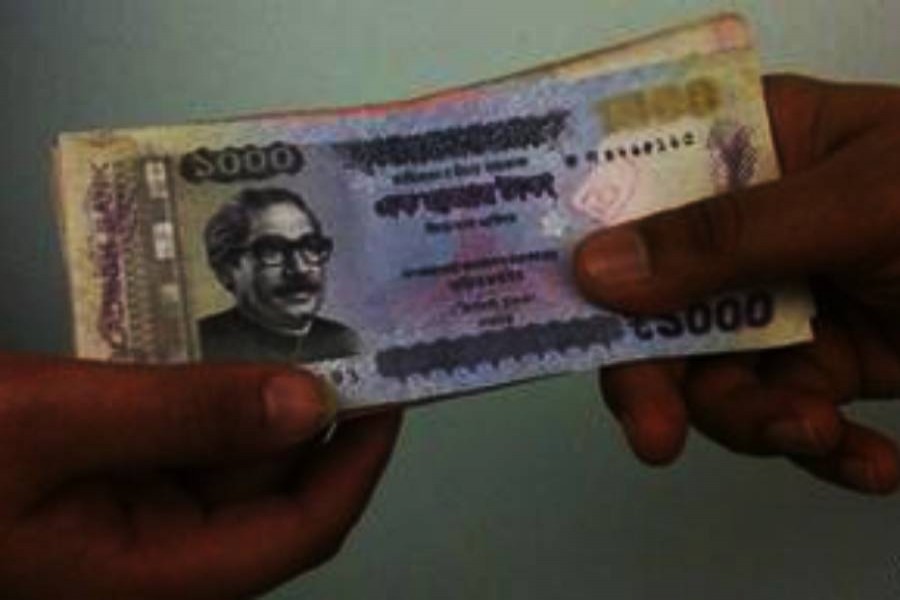The price spiral is hurting low- and fixed-income groups of people more while the middle class is also in trouble. Those in the high-income bracket do not feel the pinch though they are mildly affected due to a sharp rise in essentials. It means the majority of people are bearing the brunt — albeit to different extents. Nevertheless, a section of people does not see any problem despite the consistent rise in prices of foods, transport and other goods and services. They are those who unlawfully and forcefully share in incomes of others.
Though it may sound weird, this is a harsh reality in this country. Not that this is a new or recent phenomenon as this kind of people were always in society. What is significant is the proliferation of this type of income group, especially in the last decade, taking advantage of economic growth coupled with bad governance. They have also consolidated their footholds and are ready to resist or get over any legal action against them. Having a strong political connection, they expand their spheres of influence and develop bonhomie with law enforcement agencies.
These people illegally extract money from small and big businesses, street vendors and shopping malls. They have a shared network to collect and distribute the unearned funds.
Many are in jobs and services, some are doing business, and some have no visible work. They compel people to share their legal and hard-earning incomes with them in various forms. They may be labelled as extortionists, illegal toll collectors, or so-called chandabaj. As the extent of their extortion is quite diverse, it isn't easy to classify them in any narrow category. Moreover, they are a mixed group of people in terms of their incomes, meaning not all earn equal amount. Among them are both high-income and low-income people.
Whatever their income level or amount, they can adjust to market prices of cost of livings almost immediately. For instance, they are used to collecting more money from unwilling payers under compulsion. It matters little to them whether the payers can pay or not an extra amount without any increase in income.
What they do have some similarities with the rent-seeking practice. In strict economic terms, 'rent-seeking refers to attempting to increase one's share of current wealth without producing or creating any additional wealth.' In flexible terms, people who forcefully and illegally grab shares of others' incomes or resources are also a kind of rent-seekers.
As the legality or morality of income does not bother these extortionists, they can go to any extent to get their undue shares. Similarly, they care little about spending due to the rise in the prices of essentials in the market. Instead, they want to make the most of it. So, it is not surprising to learn that these people also play some roles in the price hike. Thus an income group depending on shady deals has already emerged in the country, and for them, the bell does not toll — at least they think so.


